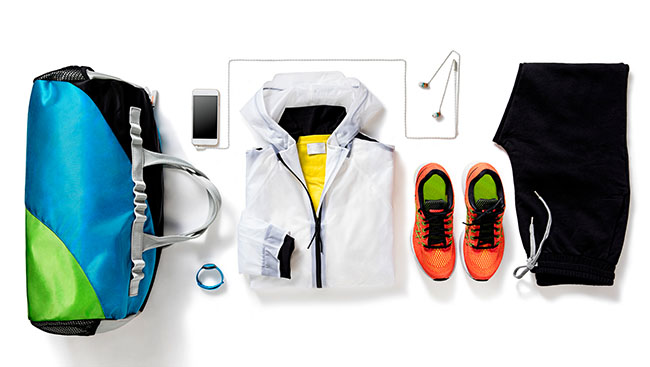Usually the most common fitness resolution involves joining a gym, but for obvious reasons, you won’t find that one on this list.
I think it’s safe to assume that most of us are ready for 2020 to end, and for 2021 to bring a year that will—hopefully—present new opportunities for growth and improvement. With that in mind, now seems like a great time to take a look at some potential fitness-related New Year’s resolutions that will help make the most of the year to come.
Usually the most common fitness resolution involves joining a gym, but for obvious reasons, you won’t find that one on this list. Instead, we’re going to emphasize goals that take into account the challenges presented by COVID, and that will help you improve your health and fitness through these difficult times.
#1. Accepting fitness setbacks—then moving forward.
If you’re a fitness enthusiast, chances are that you were setting fitness goals of some kind right about this time one year ago. And it’s also likely that your goals were derailed by events beyond your control. In other words, if you’re like most of us, you’ve spent a lot of this year sitting indoors stress-eating and getting little to no exercise. In a situation like this, it’s easy to beat yourself up and feel down for falling short of your intention, but that’s not going to help you reach your goals. Now is the time to accept that things didn’t turn out the way you expected, and make a plan for overcoming current challenges and working toward new goals.
#2. Getting gear for the new year.
Now that you’re in the right mindset to let past missteps go and move forward with purpose, it’s time to get the equipment you need for a solid at-home workout. Because let’s face it—while there has been some good news regarding vaccines as of late, it’s still unlikely that we’ll be going back to the gym in full force anytime soon. So load up on the essentials. A home gym can be as large as you have space and resources for, but most people will do just fine with the basics. With a yoga mat, exercise ball, resistance bands, and a few different sized weights you can count on getting a fairly comprehensive workout.

#3. Establishing a workout schedule
When you’re working from home or at the very least spending a lot more time at home than usual, it can be easy to lose your normal sense of scheduling. One day blends into the next, and you suddenly find that you haven’t made time to work out in weeks. Make a resolution to resume a solid workout schedule. Set aside a particular time two to five days a week that will be your consistent “gym” time (even if your gym is in your living room), and stick to it. Use a calendar with event reminders or an alarm if necessary.
#4. Finding a COVID-friendly cardio activity.
Since the beginning of the pandemic, many people have struggled to find ways of achieving a quality cardio workout. Staying indoors and restricted mobility when outdoors have made it seemingly impossible to get hearts racing. This is detrimental not only to one’s fitness but to overall health in general.
Now it’s time to choose a cardio activity that will get the job done under the present circumstances. That might mean walking or running around your neighborhood. It might mean buying an at-home piece of cardio equipment like a treadmill, elliptical, or stationary bike. Or it might mean simply creating a fast-paced cardio circuit that you can perform anywhere—especially your living room. A combination of burpees, jumping jacks, step-ups, bicycle kicks, and so forth can be more effective than you might think.
#5. Getting your diet under control.
If you’re like most of us, you’ve spent the past eight months managing your diet with varying success. Believe me, you can be forgiven for deciding to stay home and eat three meals of ice cream a day. But that was in 2020. In 2021, it’s time to dedicate yourself to getting your eating habits under control in terms of both quantity and nutritional content. I don’t suggest trying to slam on the brakes all at once, however, as “cold turkey” diets tend to be short-lived. Instead, focus on making small adjustments that will be sustainable in the long run.
#6. Adding yoga into your routine.
Yoga is a great addition to your workout routine under any circumstance as it promotes flexibility and reduces the likelihood of injury, and can support muscle growth and maintenance. In the era of COVID, however, the mental benefits of yoga can be vast. Providing yourself with the opportunity to be calm and focused through these uncertain, stressful times will not only boost your mental health, but it can actually help with weight management too.
When we feel stress, our brain produces a hormone called cortisol that is designed to help push us into “fight or flight” mode. While useful under extreme survival situations, under normal circumstances that extra cortisol can lead to weight gain, among other negative outcomes.
So set aside time to follow along with some instructional yoga videos, stretch, and relax. 2020 was a difficult year, so let’s do our best to make 2021 a year of taking care of both our bodies and our minds.







